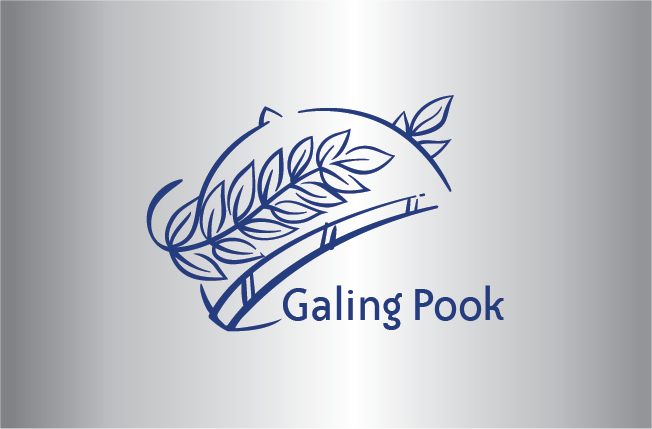
Coco Sugar: Making the Lives of Coconut Farmers Sweeter
Municipality of Alabat, Quezon
2021
In Alabat, the farmers were earning an average of PhP1,500.00 per month per hectare of coconut land from copra, making them remain under the bondage of poverty. To address this, the municipal government took a bold move by venturing into value-added agriculture, such as coco sugar production, emphasizing product quality and standards. The program aims to increase the income of the coconut farmers and landowners; generate quality livelihood for sap gatherers and other production staff; develop effective marketing technologies and product standard; and capacitate and empower the farmers to become agripreneurs while addressing cut-throat competition.
The development of agriculture-based enterprises provided quality employment to the people of Alabat. Through the program, the Coco Hub produced a total of 29.816 tons of coco sugar in 2019 and 51.004 tons in 2020, marking an increase of 71.06% in its total production. This resulted in the increased interest among coconut farmers in coco sugar production.
The program contributed to the decrease of poverty incidence in Alabat, from 7.6% in 2015 to 7.3% in 2018. Workers now earn PhP10,000 on average per month, while landowners earn approximately PhP30,000 per month. This improved their quality of life Galing Pook Awards which can be illustrated by their ability to repair their homes, buy their own land, and support the education of their children.
The program employed various innovations which supported the program’s success. The value adding of products such as in coco sugar was introduced which resulted in the increase of income of coconut farmers. The program also introduced a new planting method using hybrid seedlings to produce higher yield of coco sap. These hybrid seedlings needed less time to mature but produced more coco sap. They also have smaller fronds which means that more dwarf coconut trees could be planted per hectare of land.
In order to sustain the program, the LGU implements strict border control and prohibits any entry of coconut variety which is not certified by the Philippine Coconut Authority (PCA) as disease-free. Aside from this, the LGU in collaboration with the Southern Luzon State University Alabat has been holding regular career opportunity seminars encouraging the youth to engage in agriculture because the average age of farmers in Alabat is 57 years old. This necessitated the need to encourage the younger generation to engage in farming entrepreneurship.
The Alabat Island Coco Sugar Producers Association was formed to empower local farmers and capacitate them in managing the enterprise. Monthly meetings are conducted to talk about the operations of their respective facilities, monitoring of coconut sap and syrup, supply and quality, updates in market demands, and others. The municipal government played a vital role in the empowerment of coconut farmers and facilitated the convergence of support from different government agencies such as the PCA, Department of Agriculture (DA), Department of Science and Technology (DOST), Department of Trade and Industry (DTI), and Department of Labor and Employment (DOLE). The Alabat Island Farmers Producers Cooperative was later on established to transfer the management of the initiative from the LGU to the farmers, which further empowered the farmers.
Alabat’s Coco Hub is now considered a model for coco sugar production and is the first LGU-led Integrated Coconut Based Economic Enterprise in the Philippines awarded by the PCA because of its contributions in helping farmers transition from industry suppliers to industry buyers.


